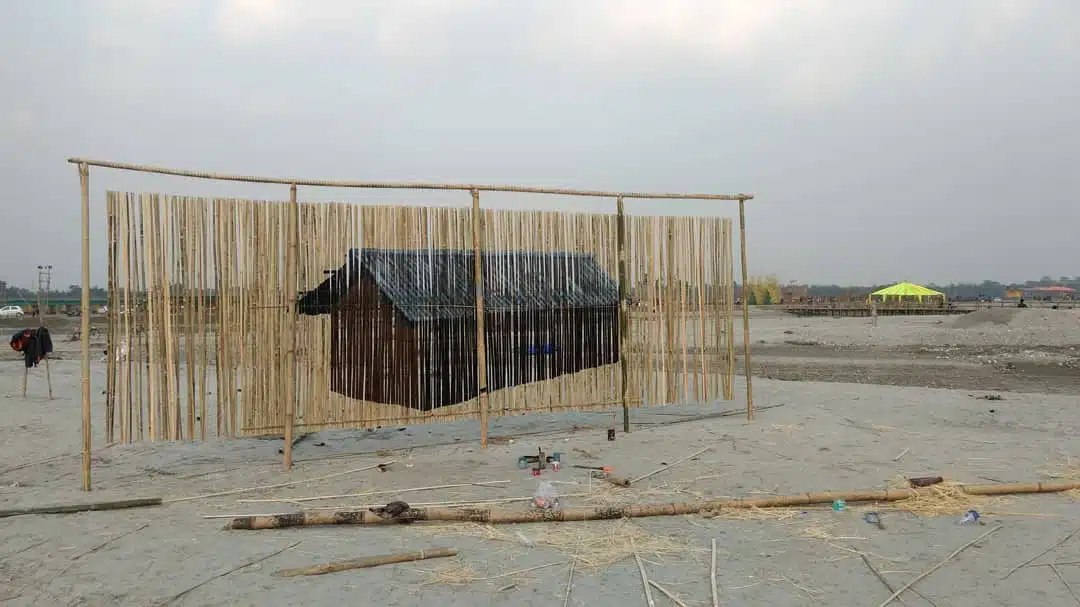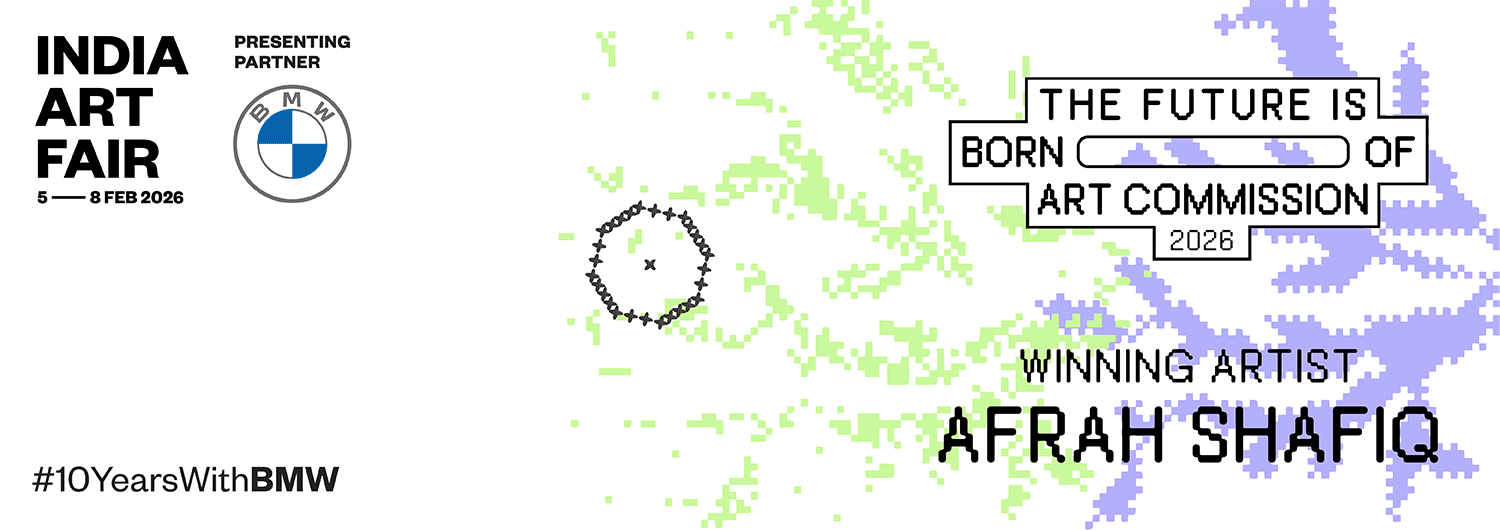“What does it mean to be a collective?” is a question that resists any standardised response. Every collective pushes society to consider new ways to self-organise and imagine practice — how one thinks together, works together, creates together and sustains together — oftentimes at odds with systems that privilege the individual. This panel delves into four collectives in South Asia, exploring their origin and how they operate. The panel will be moderated by Nihaal Faizal, and feature Anga Art Collective, Her Pixel Story, Kaali Collective and The Packet.
The session will take place from 5pm – 6:10pm (New Delhi/Colombo) | 5:15pm – 6:25pm (Kathmandu) | 4:30pm – 5:40pm (Islamabad) | 5:30pm – 6:40pm (Dhaka). To register and join, click here.
ABOUT THE SPEAKERS
Nihaal Faizal is an artist based in Bangalore, India. His works respond to the copy, the replica, the remake, the gadget, and the gimmick, often reflecting upon media documents from popular and cultural memory. In 2018, he founded Reliable Copy, a publishing and curatorial practice for works, projects, and writing by artists.
Assam-based Anga Art Collective was initiated by a group of friends in 2010 who sought to create a space that engaged in critical thinking about visuality and materiality based on the geographical and social landscape of the region. They think and work through regional and cultural specificities, exploring the possibilities of artistic responses that meditate on these specificities. They delve into what it means for a studio space to break itself to become a process, while imagining the idea of the collective as a growing process rather than a closed ensemble. The collective maintains a fluid structure where individual and collaborative practices go hand in hand. They believe in sharing knowledge across disciplines and collaborating with village communities, academics, and activists on different events and situations.
Her Pixel Story is a photo collective based in Kashmir aimed to create an interactive platform for women and non-binary photographers in Kashmir in order to forge alliances and provide guidance, assistance to develop their photographic practices. The collective was formed in 2019 by Nawal Ali, Ufaq Fatima, and Zainab, as the three would often informally meet and accompany each other to photo walks across the city. The group is currently dedicated to conduct various photo walks, collaborative projects, workshops, reading sessions and to create a space to reflect on each other’s ideas and finally produce a work.
Kaali Collective is a group of women photographers from Bangladesh who have individual practices but envisions to write and rewrite her-stories, memories, contradictions collectively. By nurturing a trusted brave space with empathy, diverse experiences, critical understanding, the collective counters the gaze and questions stereotypical, formulaic ways of representation, art production & dissemination techniques.
Made up of a group of art workers from Sri Lanka, The Packet seeks to make work located in the playful and the intimate in response to a stratified and exclusionary world.The Packet began with a community of artists and friends meeting in an apartment in Colombo. What emerged was a collaboration on a deconstructed art-book, and has since evolved into a larger group practice. Instead of “speaking at” or “speaking to”, we’ve been asking what it means to “speak from” and what it looks like to do thinking in public. We adopt a model of collective study that is encompassed by, to paraphrase Fred Moten, “what we do with other people”, with a particular focus on hyper-locality, collaborative processes and conversation.
ABOUT STAGING THE CONTEMPORARY
‘Staging the Contemporary: The Next Generation’ is a two-day symposium and knowledge platform presented by India Art Fair and Ishara Art Foundation and is supported by Shiv Nadar University. The symposium aims to bring together the next generation of artists, curators, collectives and writers working in South Asia to deliberate on the urgencies, methodologies and infrastructures that lay new foundations for cultural practices today.



